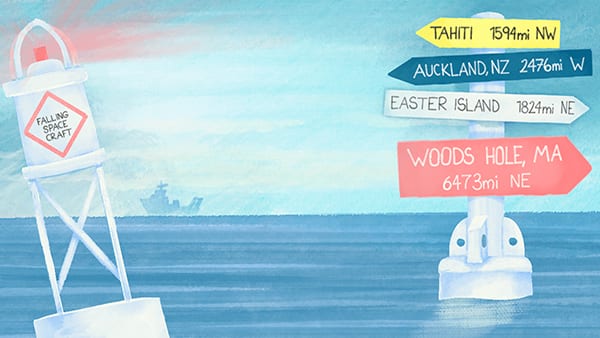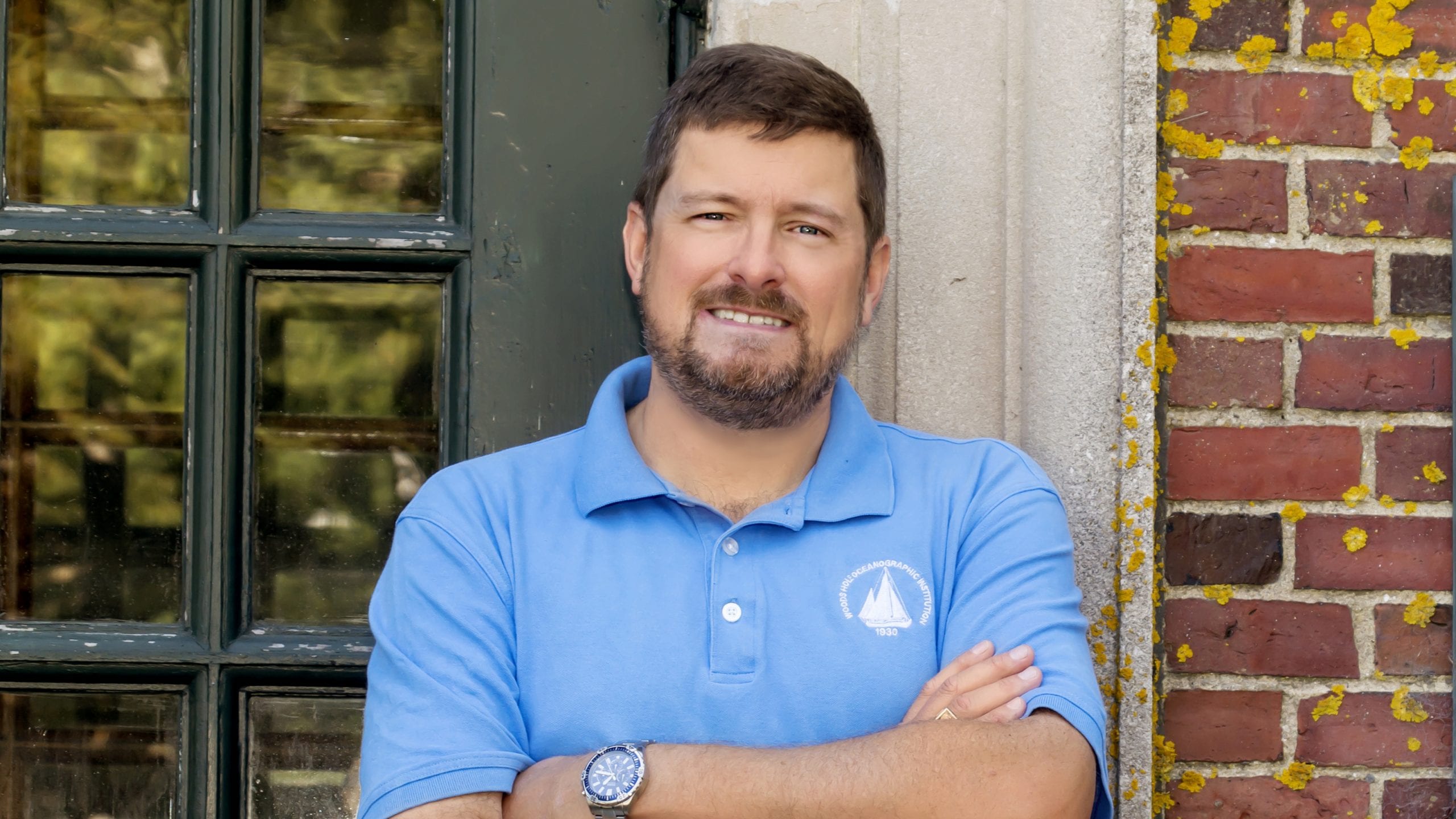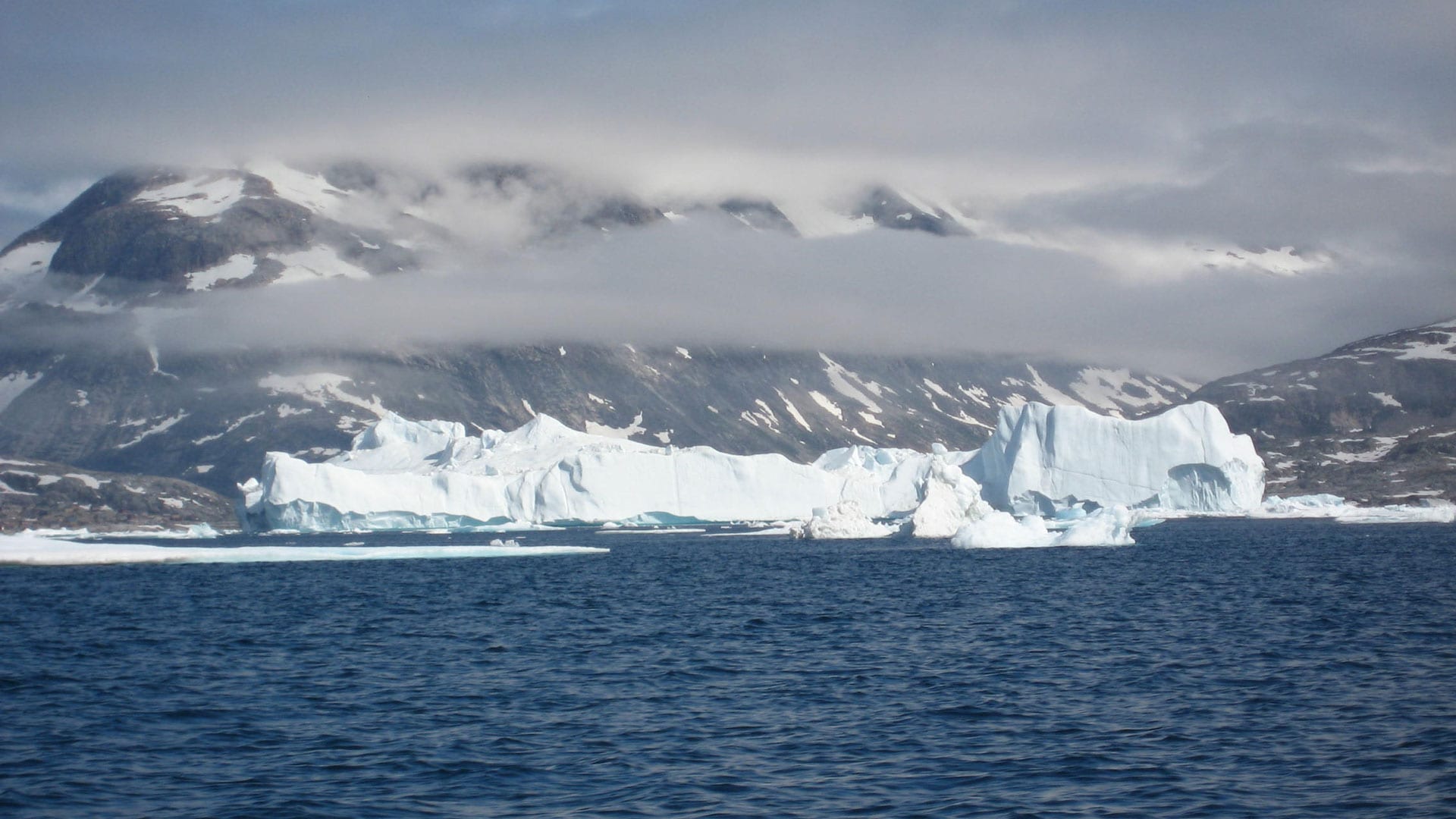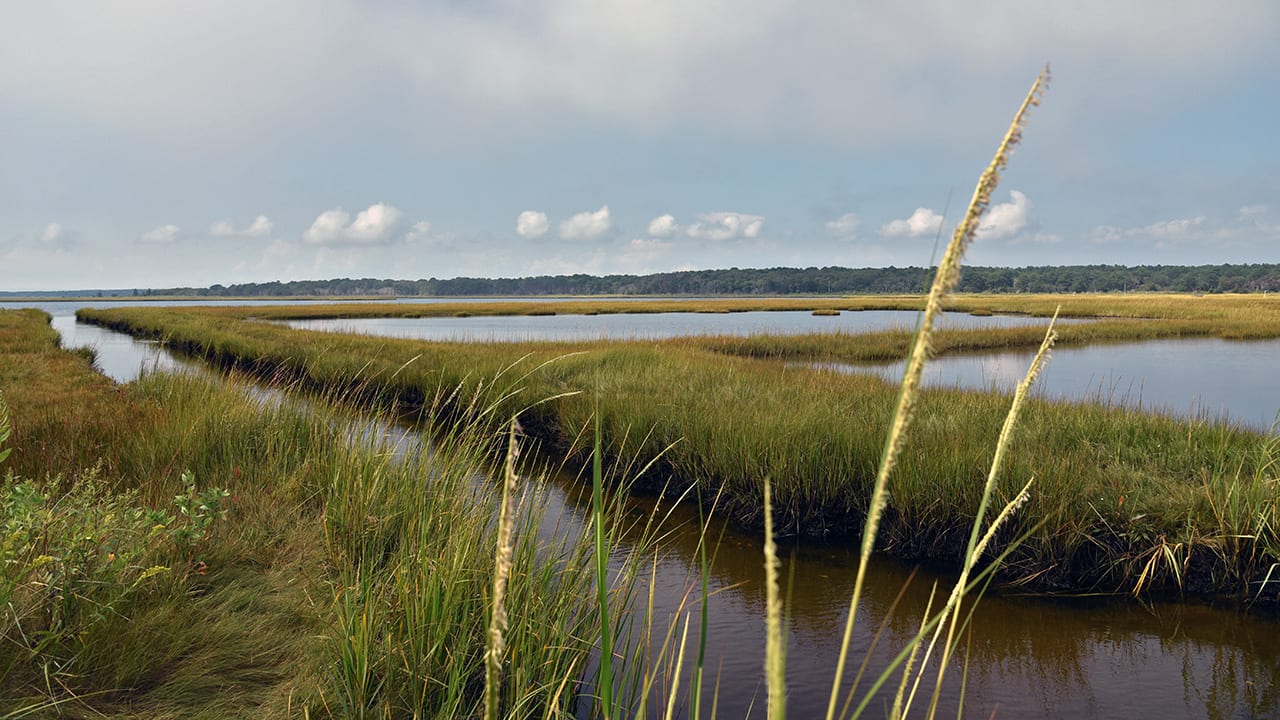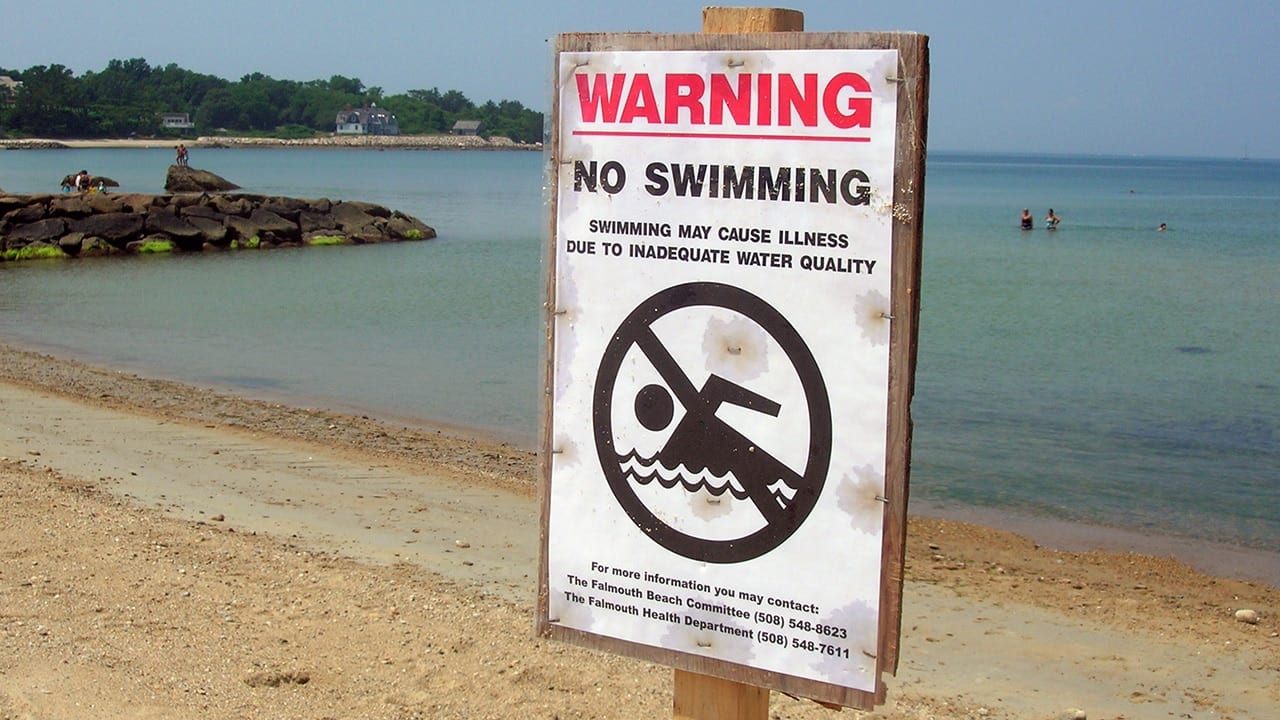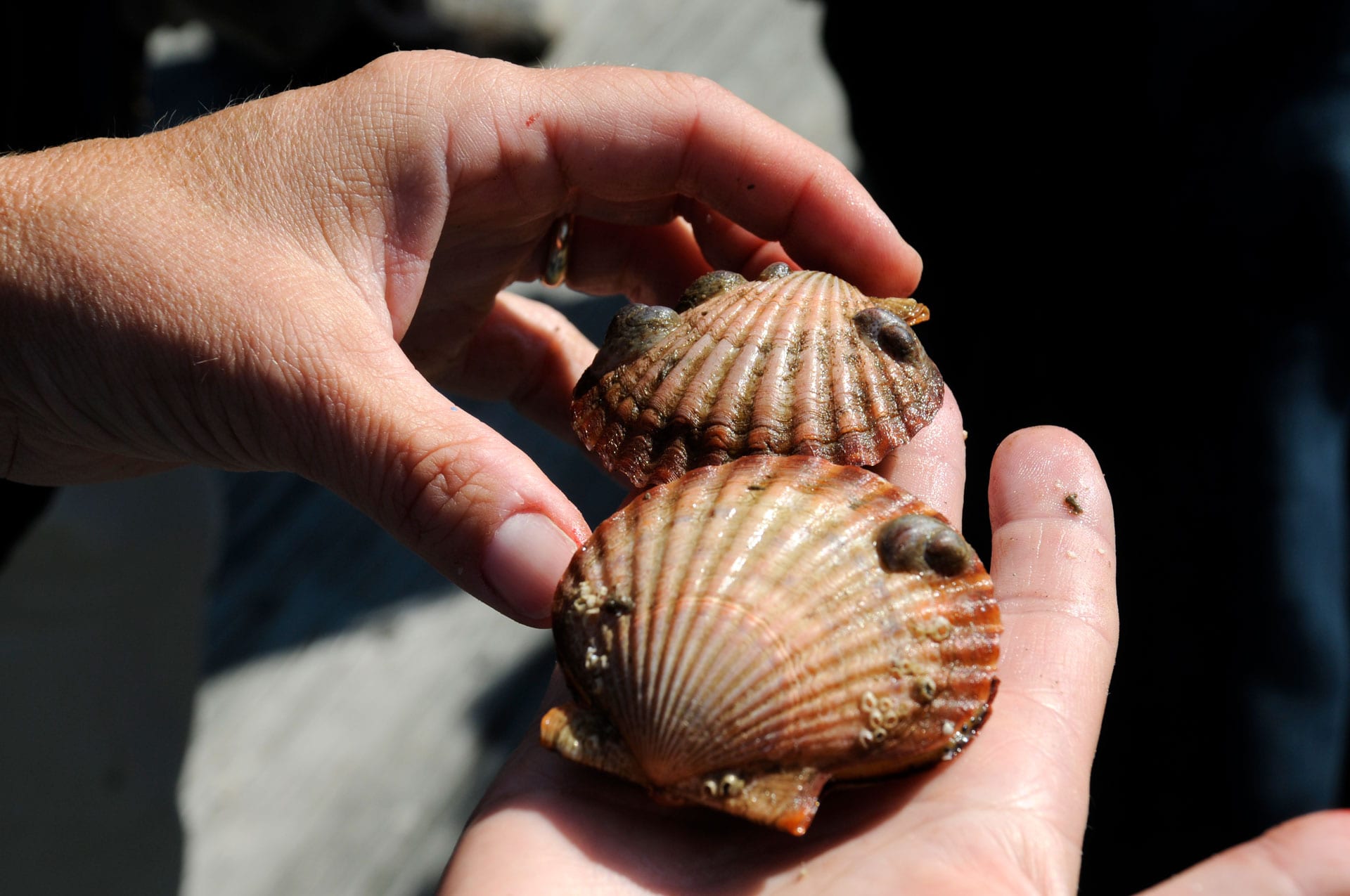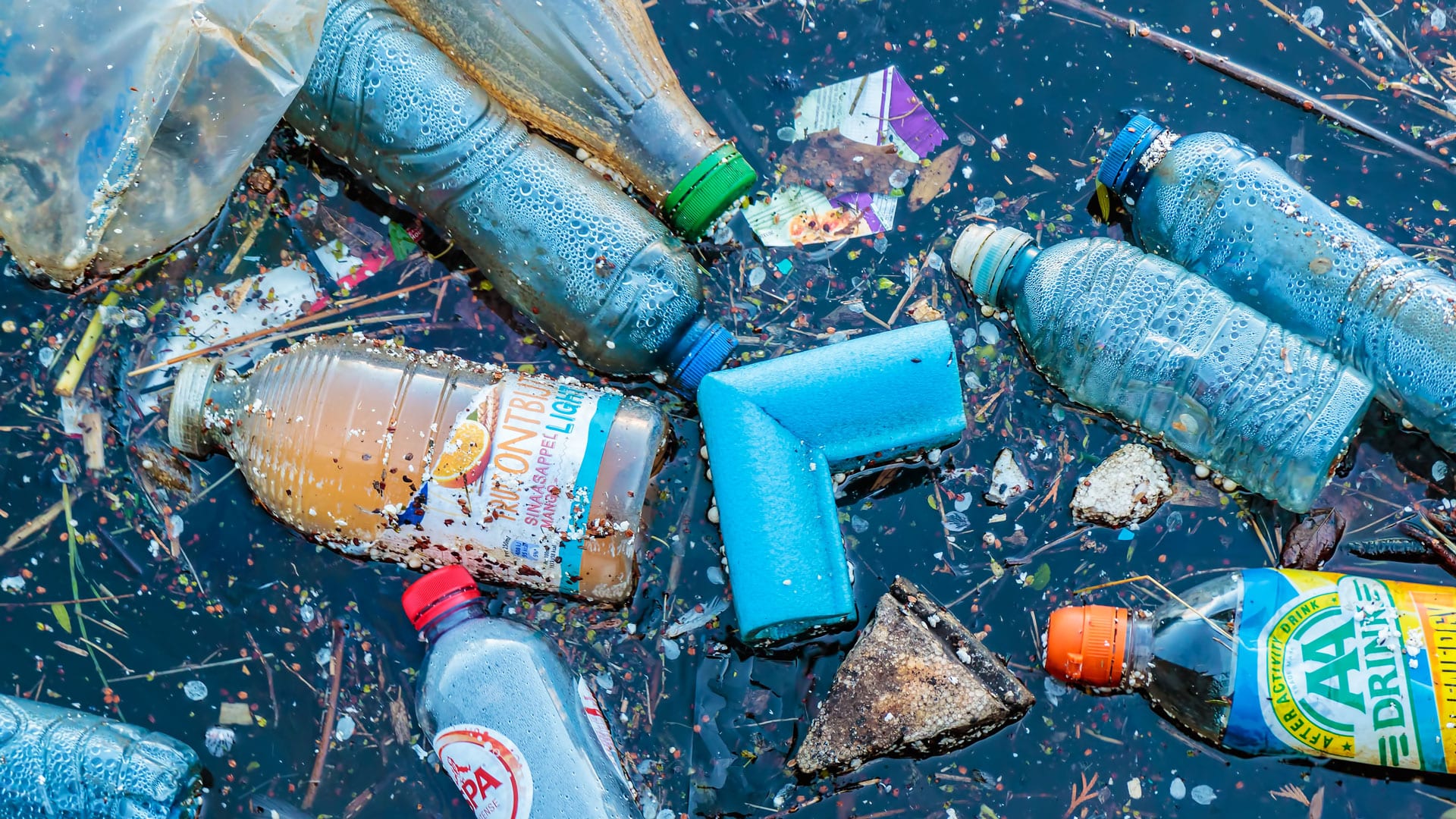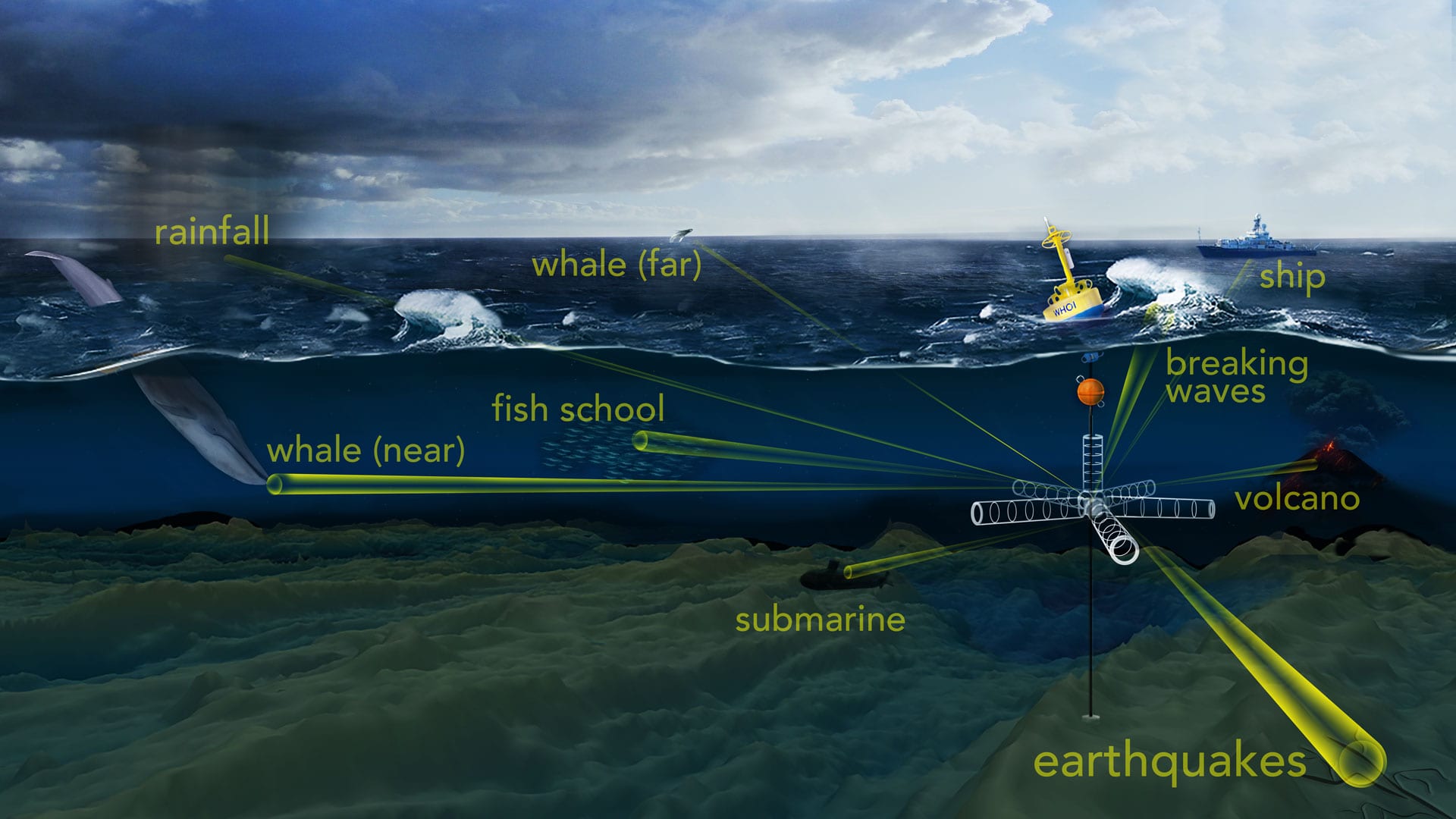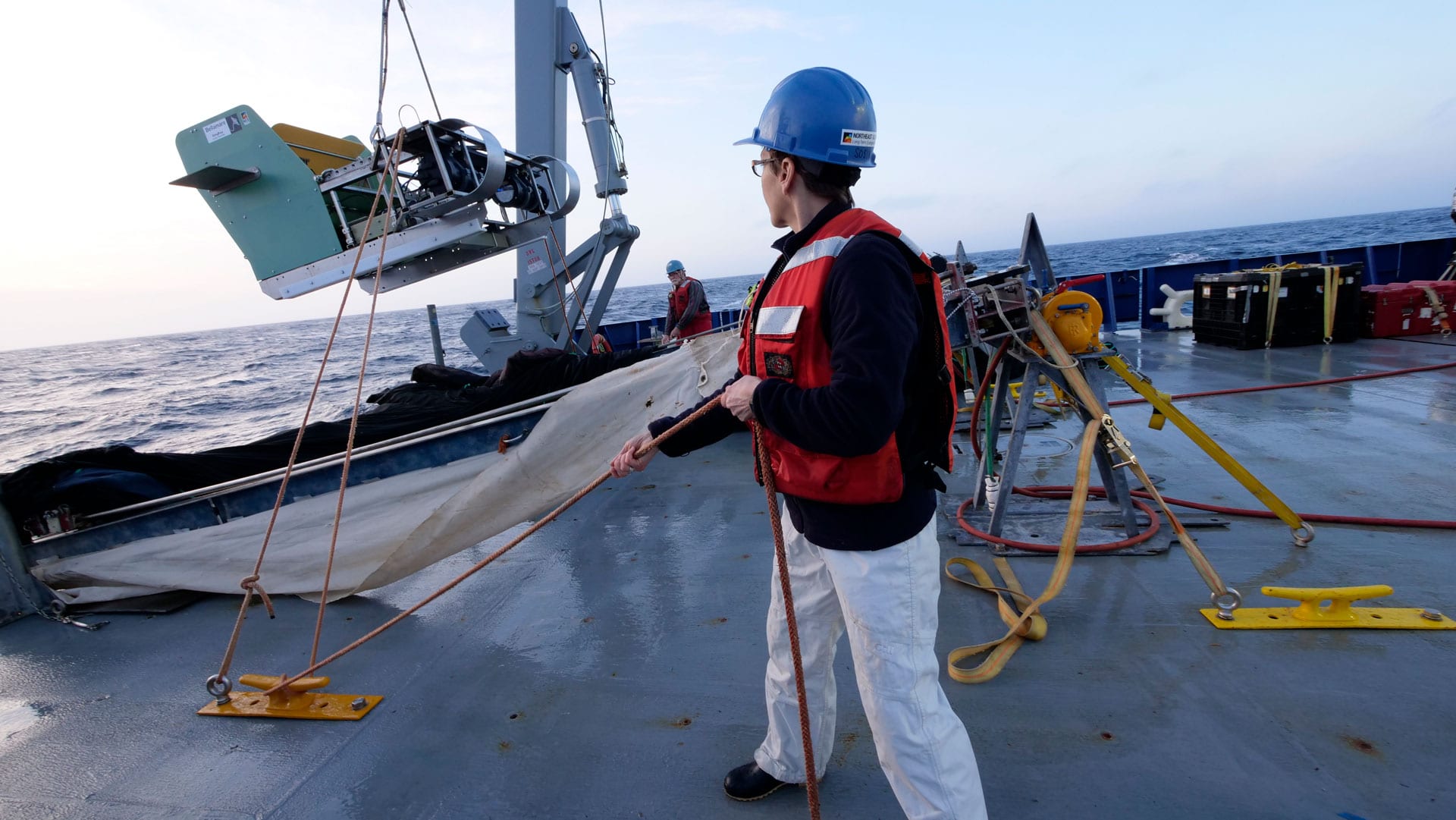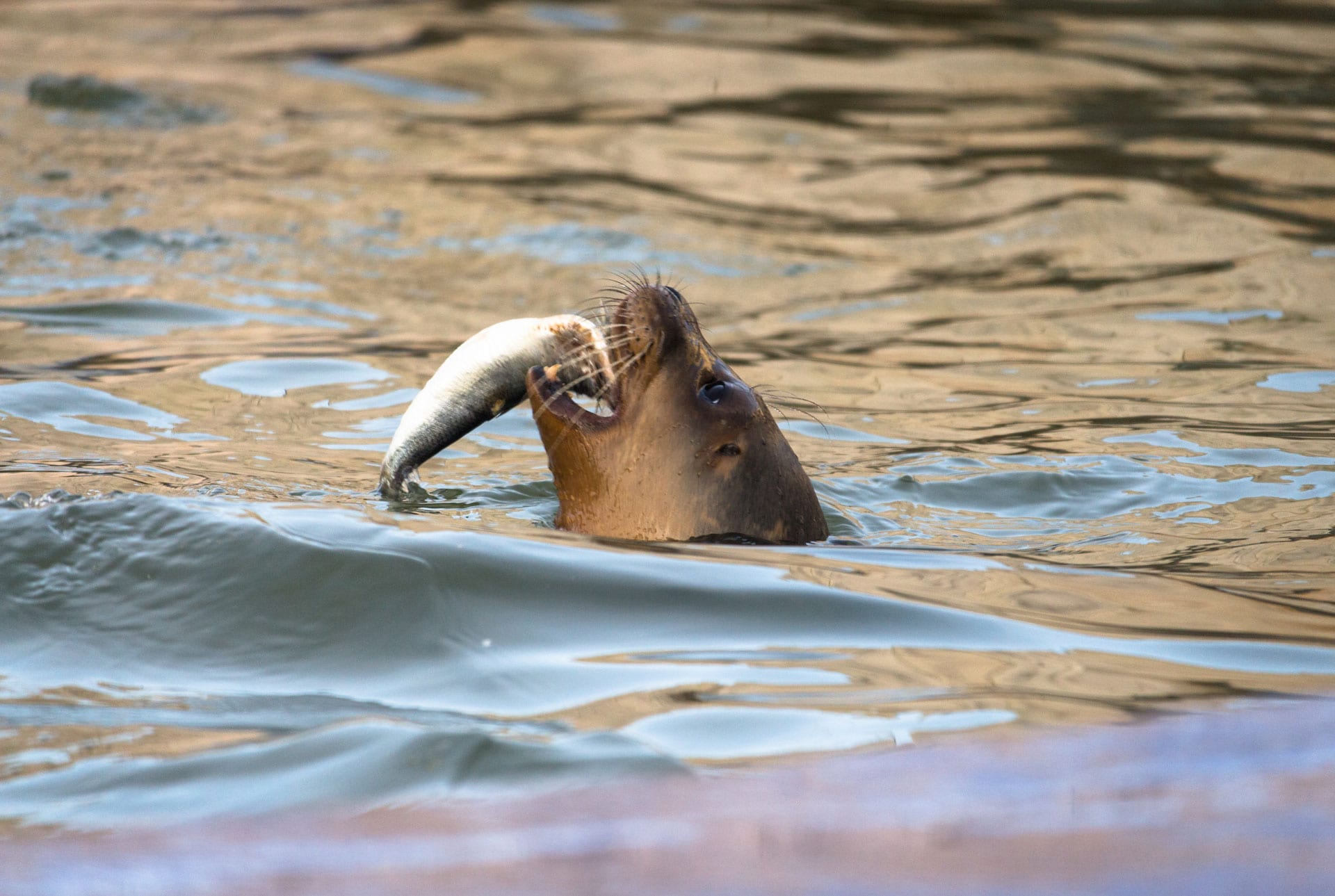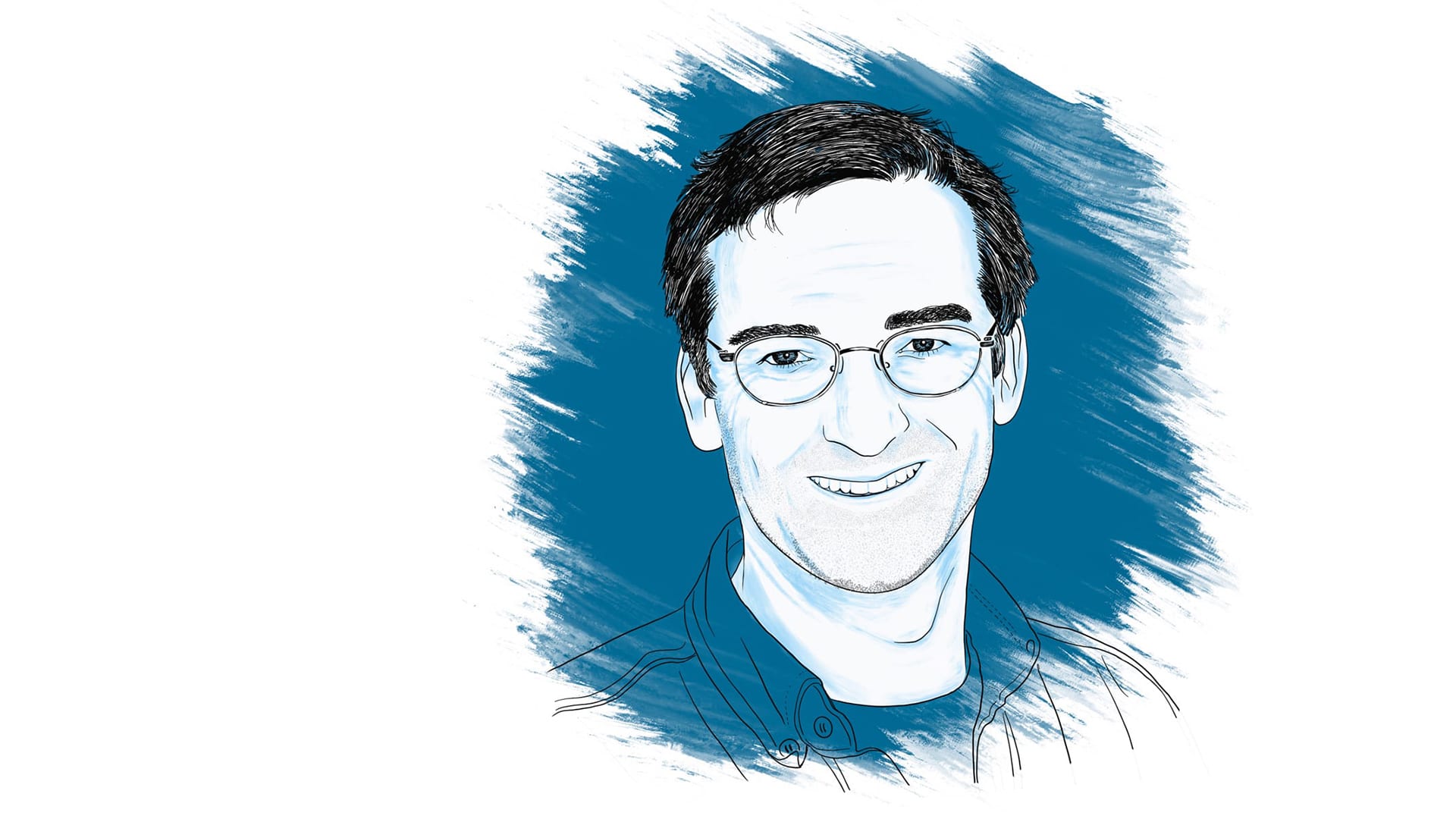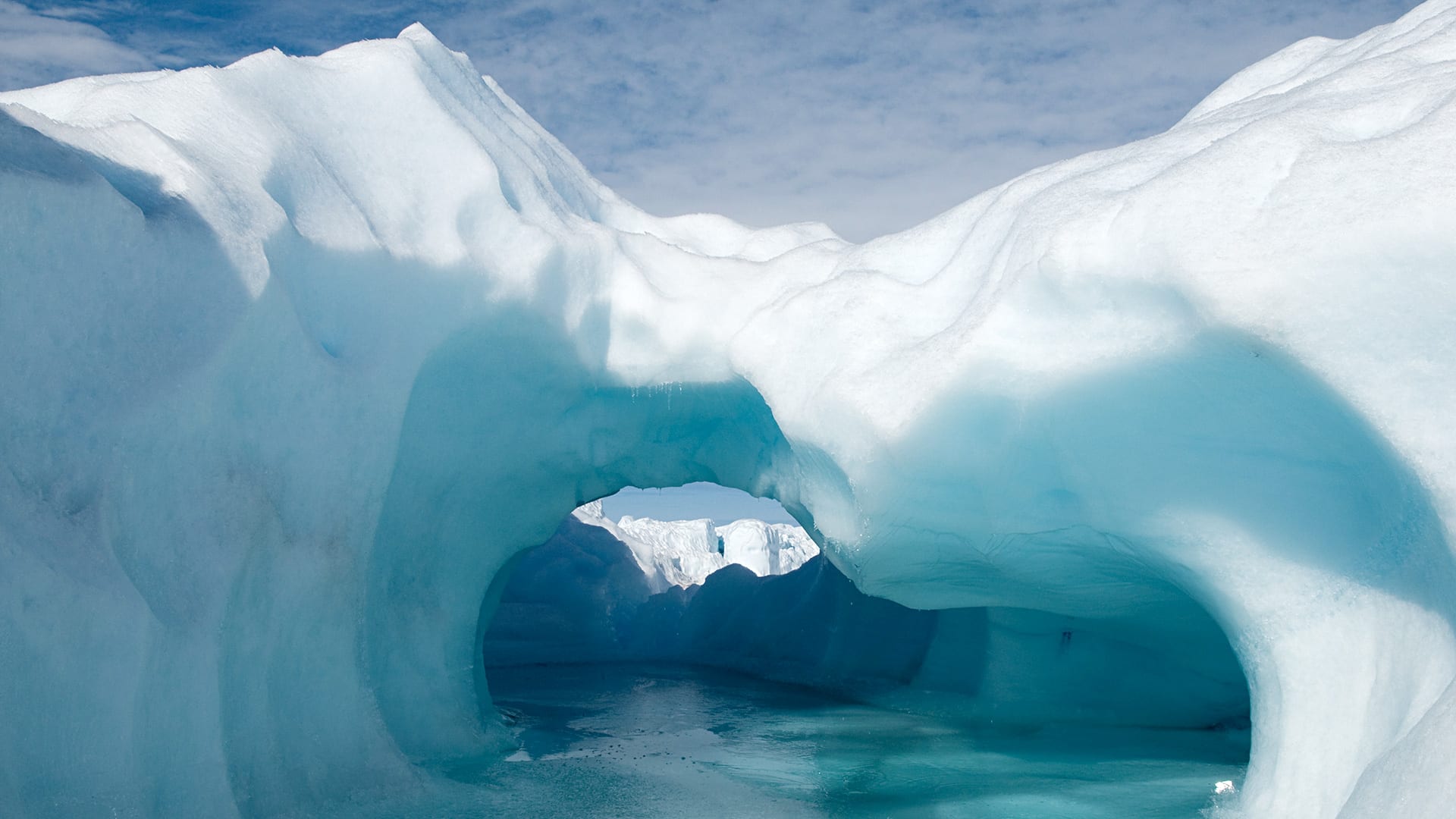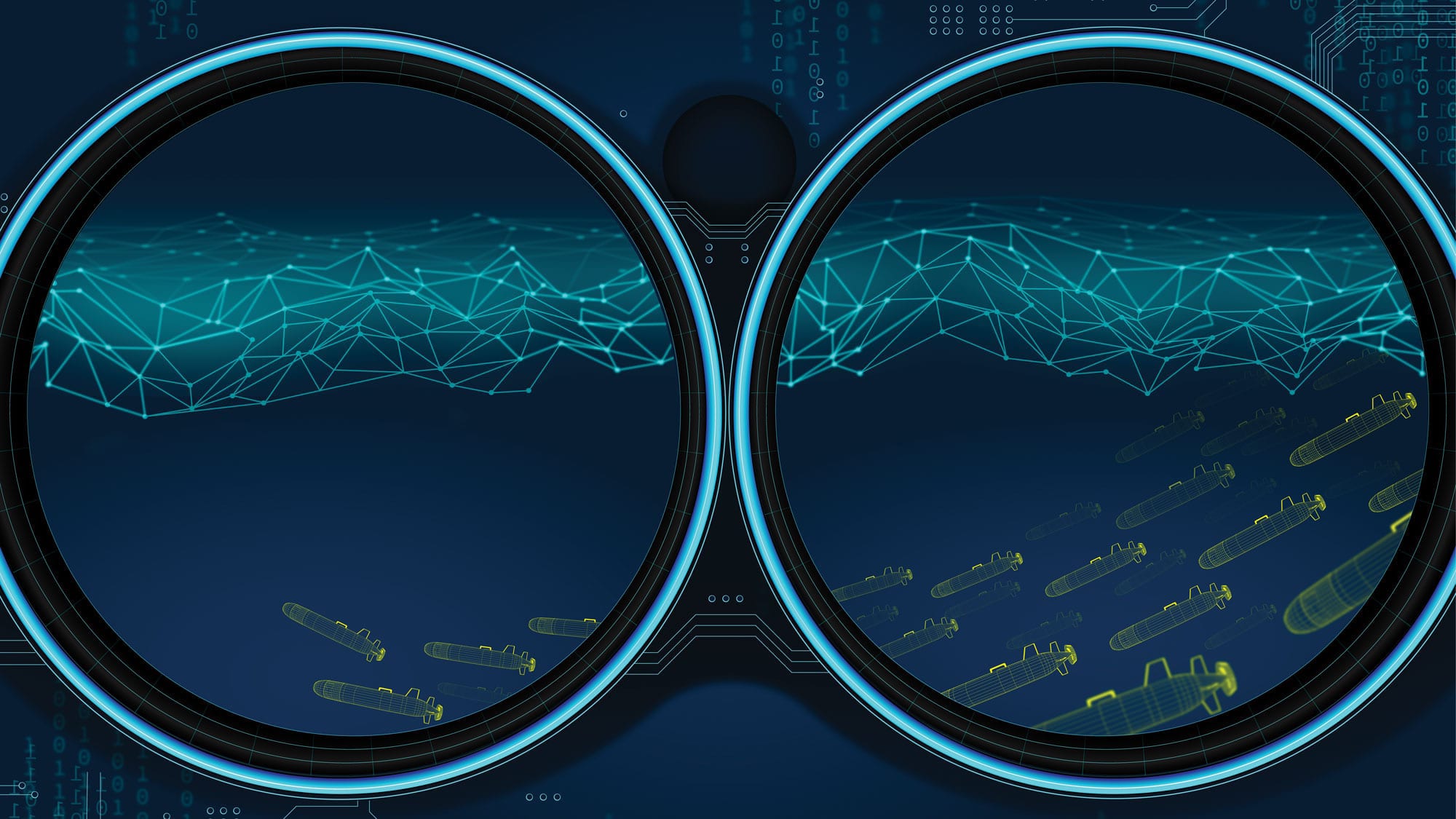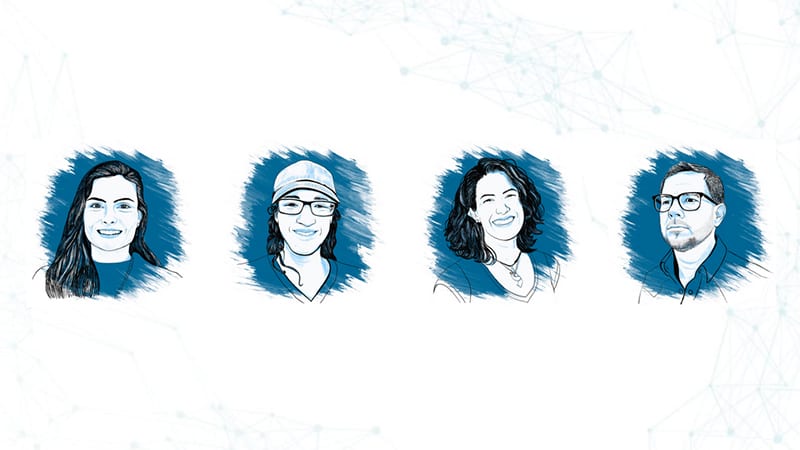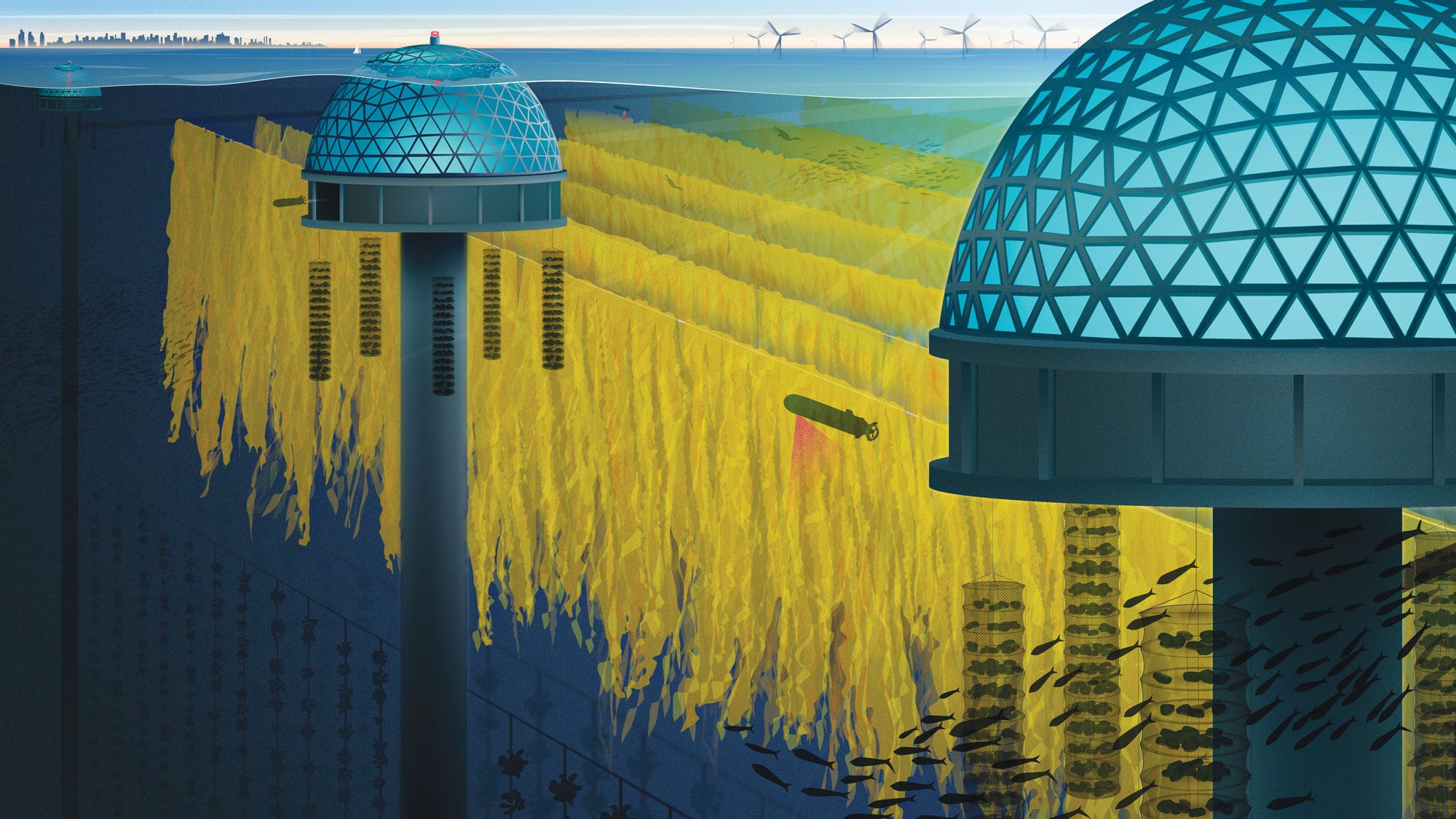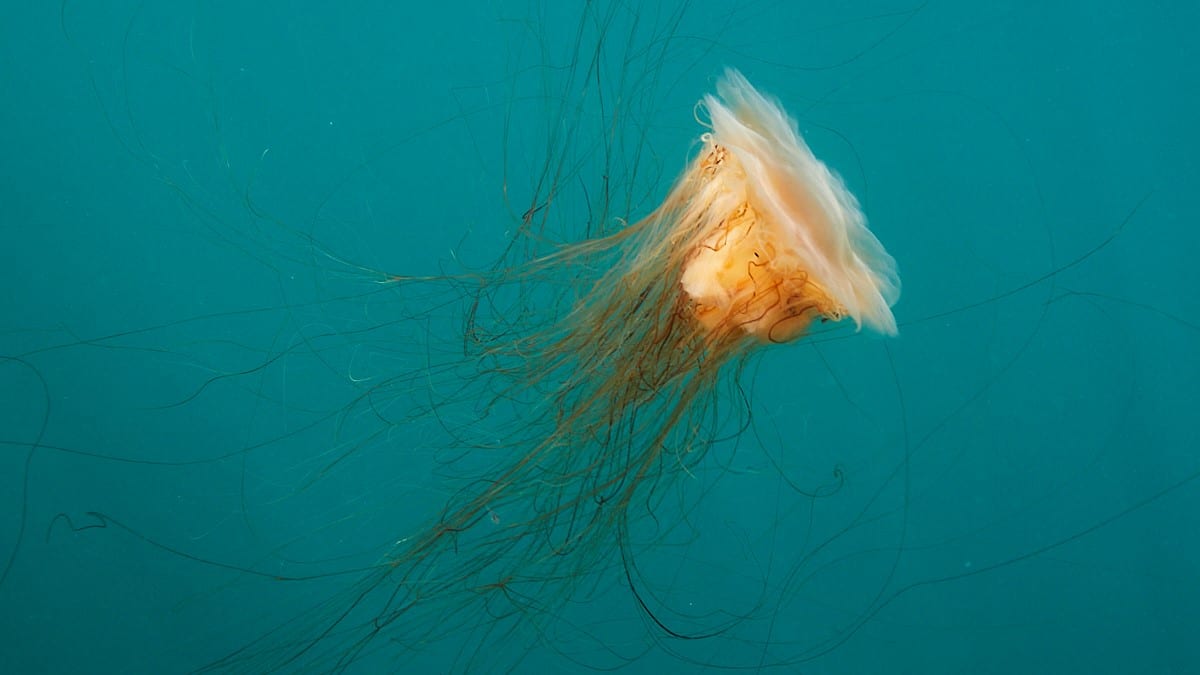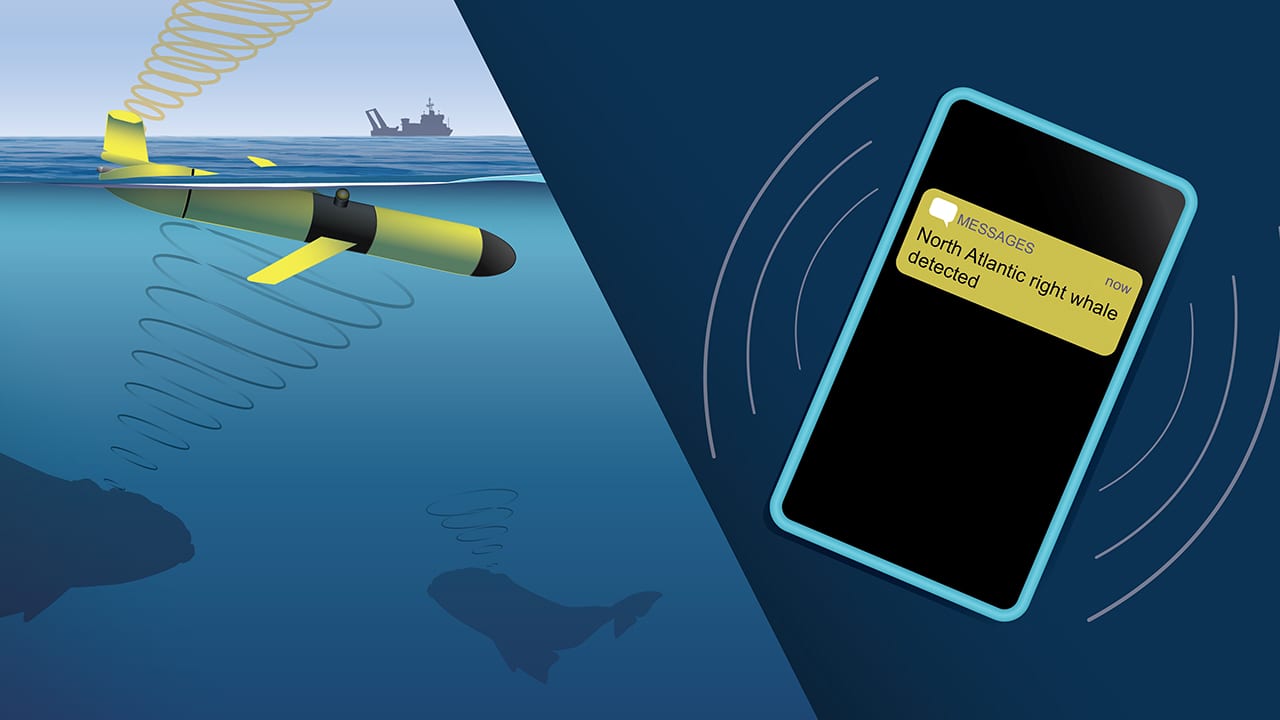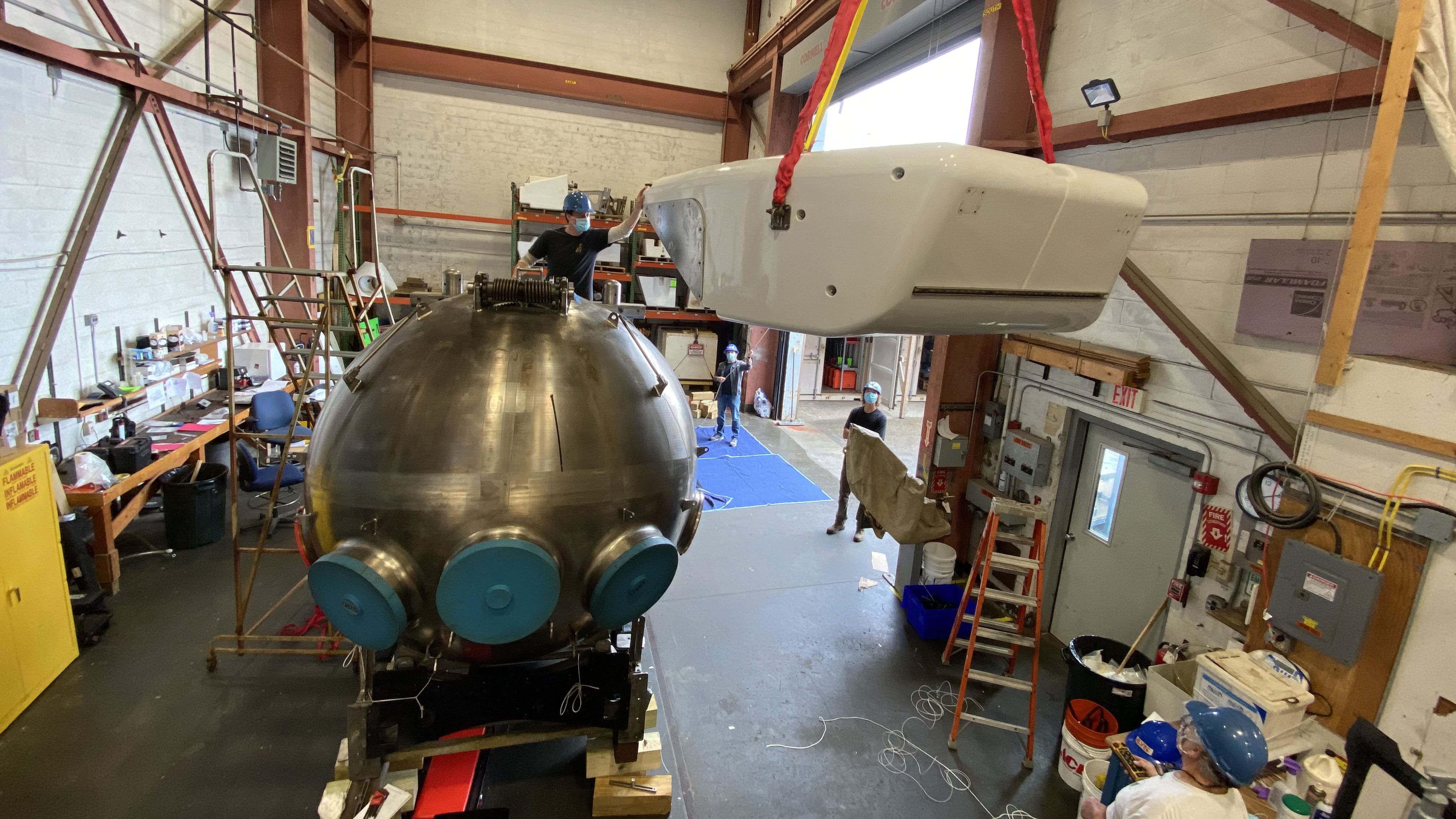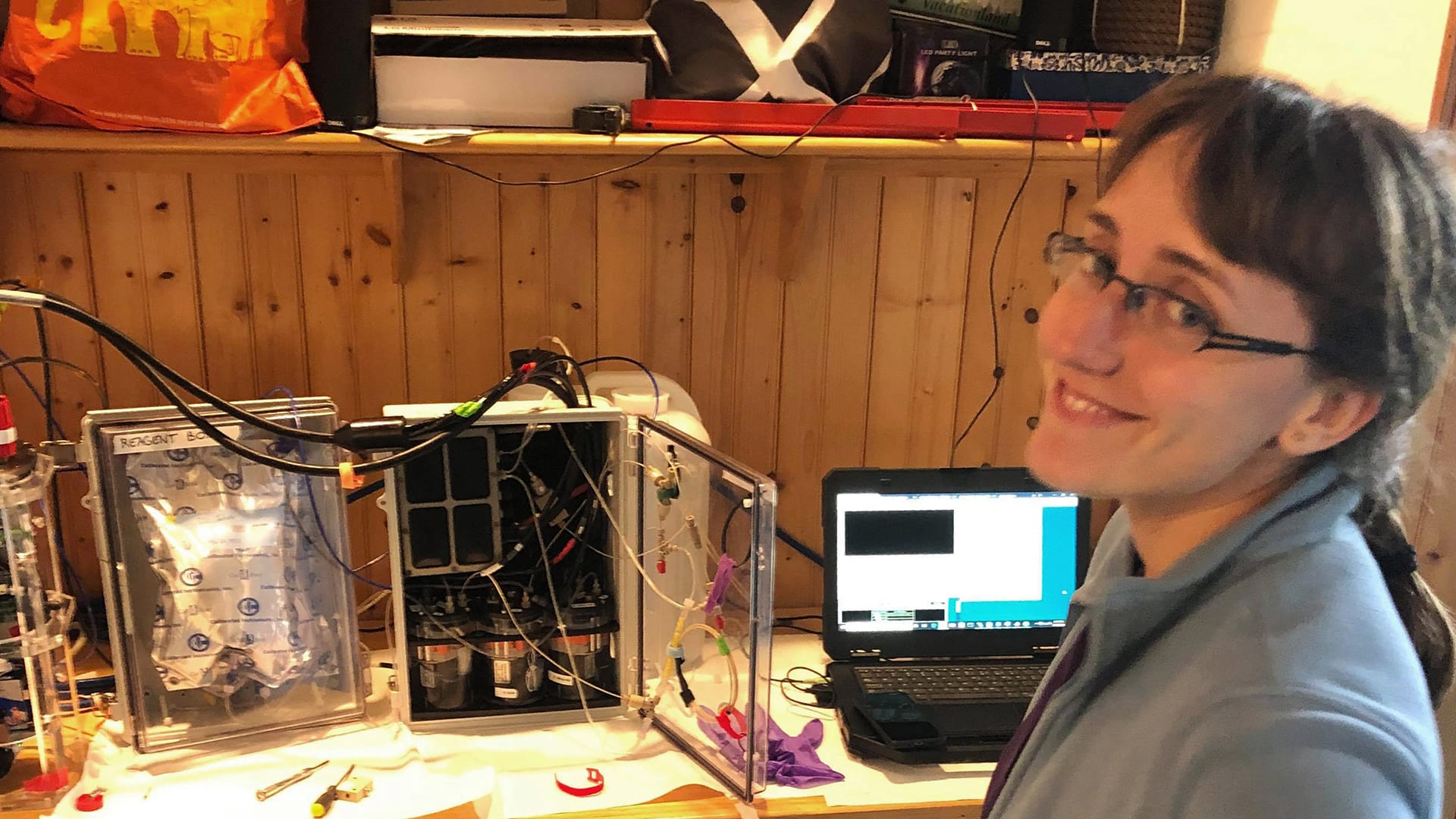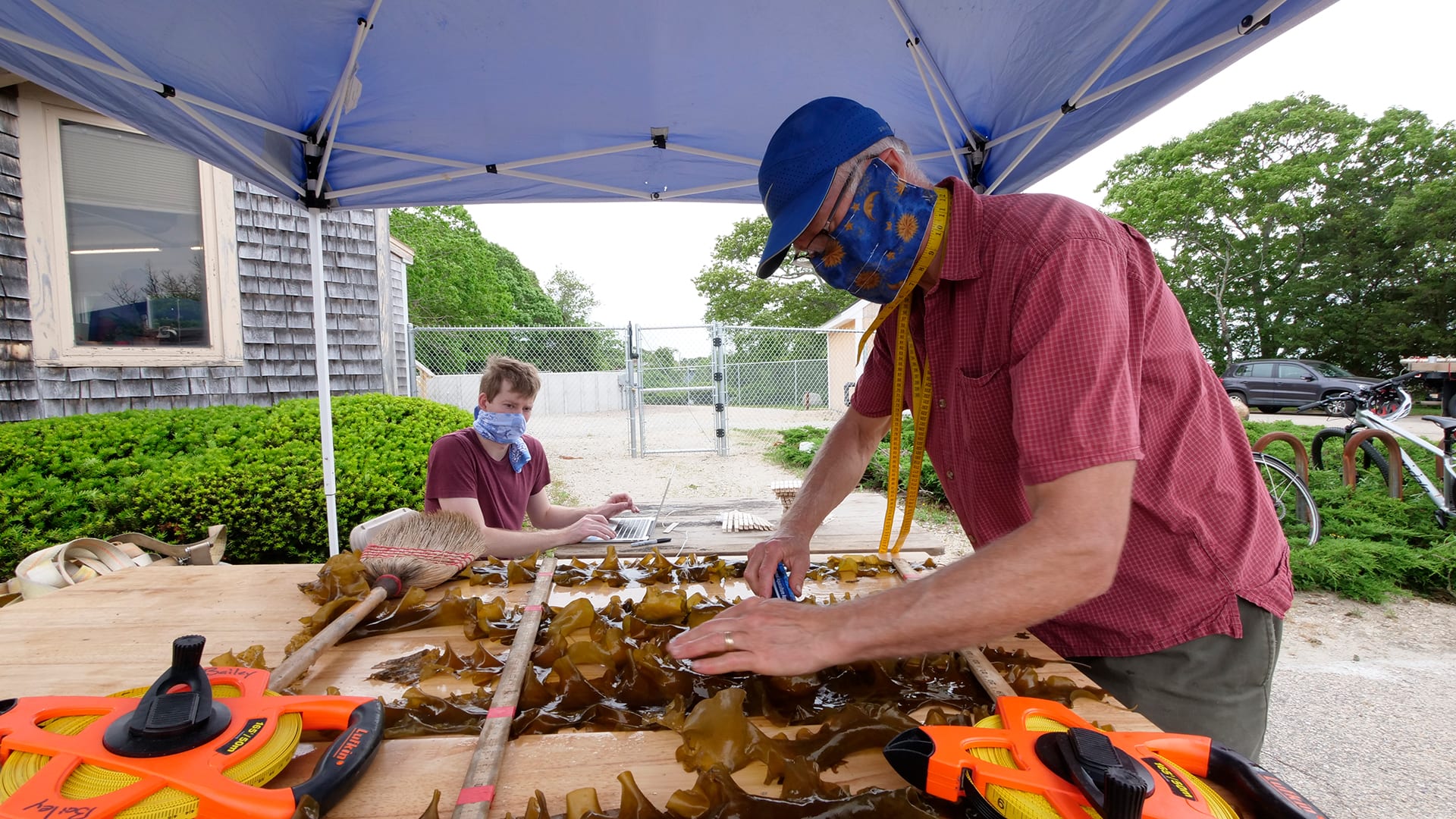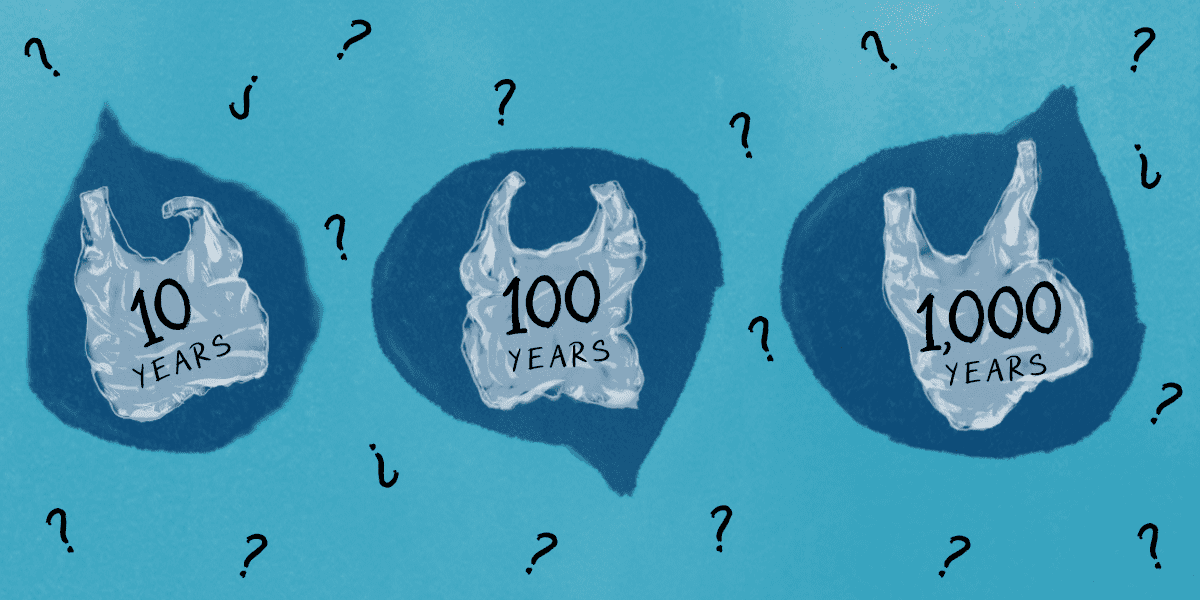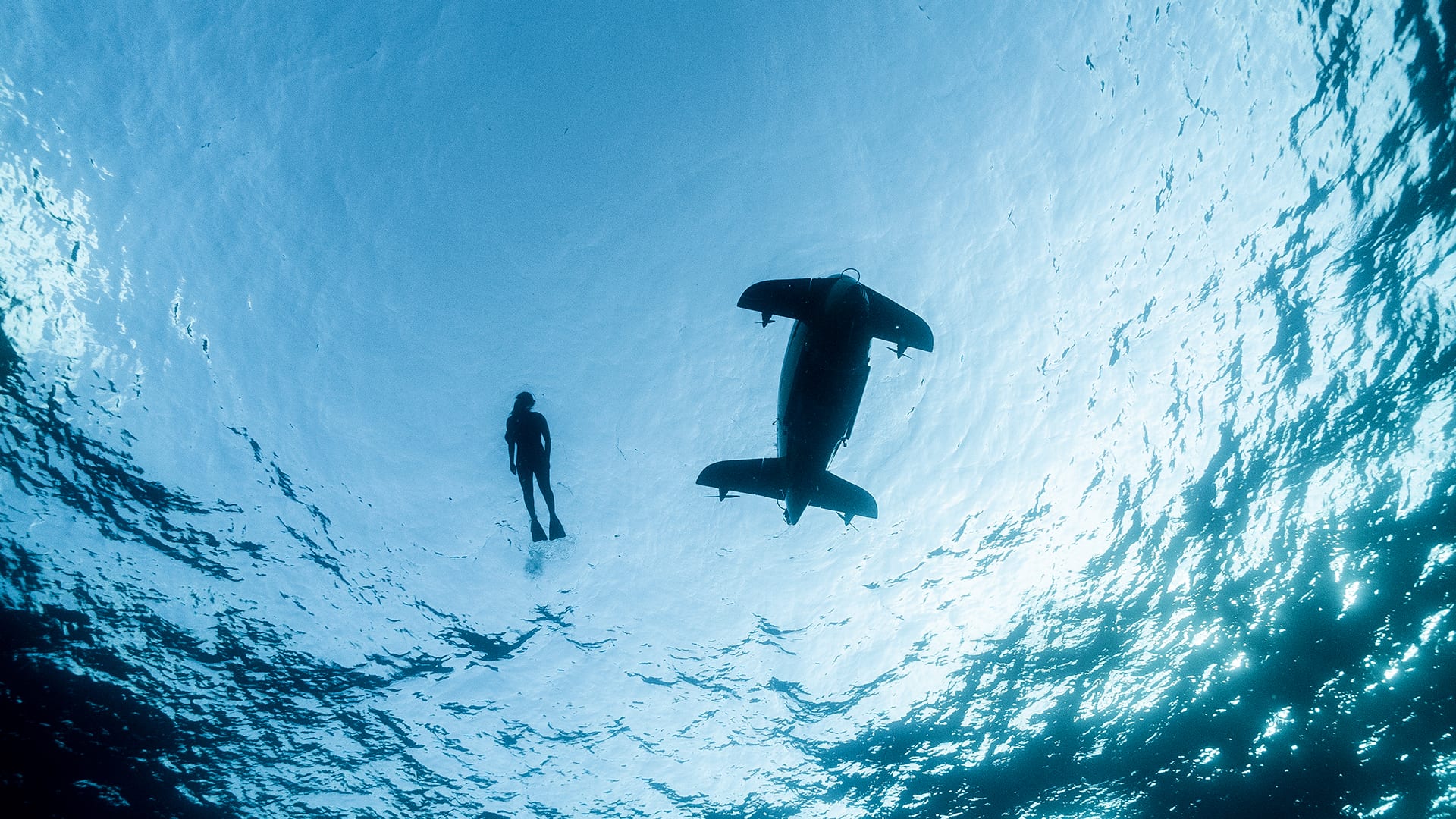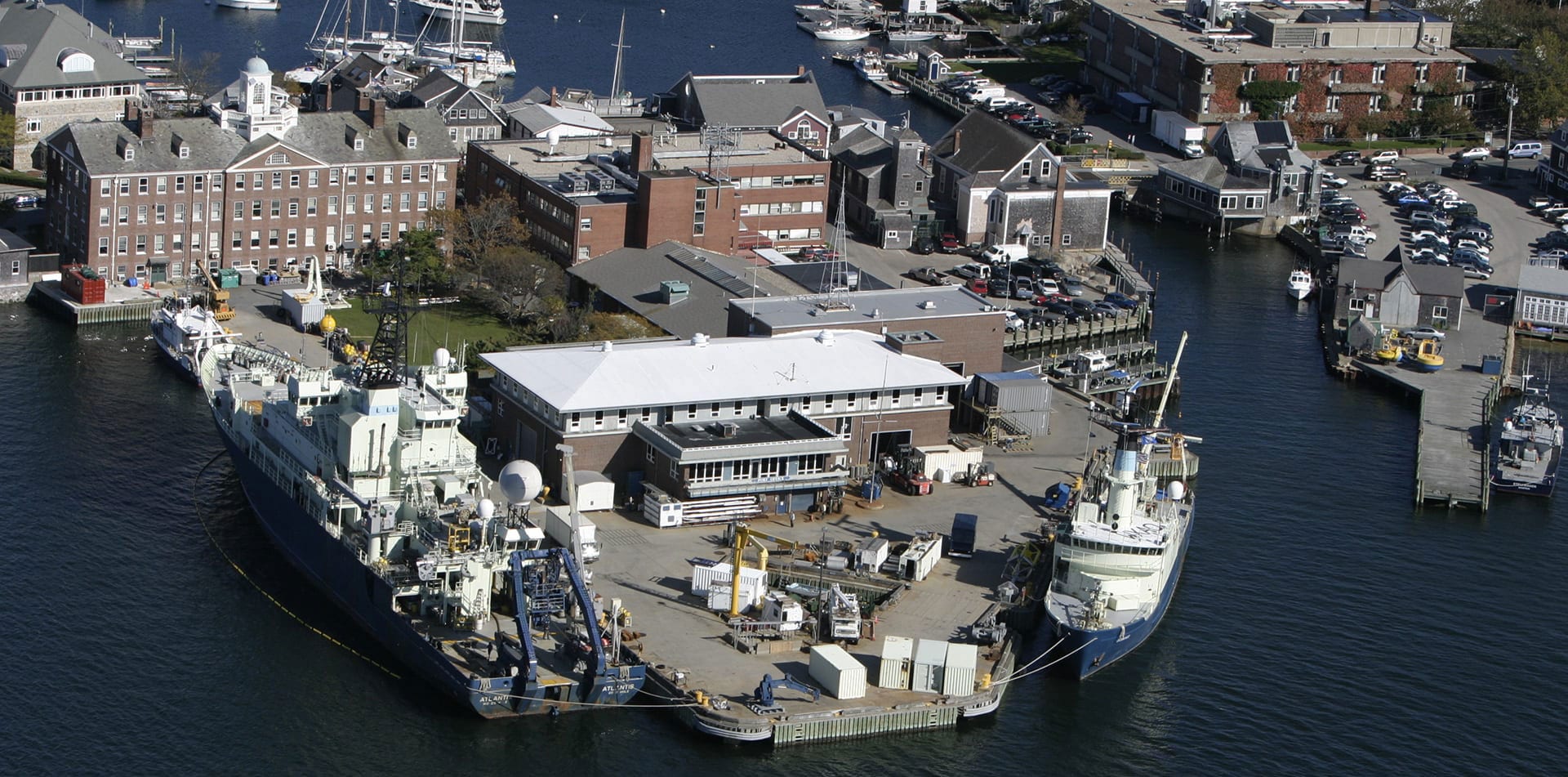News & Insights
Mining ancient dust from the ocean’s loneliest spot
Researchers investigate dust from the ocean’s farthest point from land to reconstruct the climactic history of the Southern Hemisphere, and understand how micronutrients have influenced biological productivity in this oceanic desert.
Read MoreREMUS Group gets new director
Former Naval Officer Carl Hartsfield becomes WHOI’s newest director of the REMUS group
Read MoreNorth Atlantic Ocean yields clues for better weather predictions
Findings of a new study investigating the interactions between the North Atlantic Ocean and the atmosphere will lead to more attention to how the ocean can be an important source of predictability in weather and climate.
Read MorePutting a value on green infrastructure to protect coastal communities
During an era of increasing sea level rise, WHOI marine policy experts Hauke Kite-Powell, Di Jin, and Porter Hoagland quantify the ecological value of shore-stabilizing ecosystems like wetlands and barrier islands
Read MoreExamining Connections Between the Ocean and Human Health
An ocean sickness is a human sickness according to experts at WHOI’s Center for Human Health and the Ocean. Marine toxicologist John Stegeman and his team are researching better ways to inform the public on the origins and dangers of marine toxins
Read MoreDeciphering the Impacts of a Changing Ocean on Scallop Fisheries
WHOI biologist Rubao Ji and colleagues, along with scientists from NOAA’s National Marine Fisheries Service and UMass Dartmouth, study the spatial distribution patterns of the scallop catch to help determine the effects of a changing climate on the industry
Read MoreHow Long Does Plastic Persist in the Ocean?
It can be hard to predict the average lifespan of plastics in the ocean when so many different types exist. WHOI chemists Chris Reddy and Collin Ward are working to simplify these predictions
Read MoreTransformative technology to revolutionize the way we listen to the deep ocean
Using a network of satellites and surface buoys, WHOI scientist Ying Tsong (YT) Lin and a team of engineers are creating the first 3D “acoustic telescope,” capable of listening to a range of discrete activities in the deep sea
Read MoreSpecialized camera system gives unprecedented view of ocean life
With still so much to learn about the planktonic creatures that support the marine food web, scientists with the Northeast U.S. Shelf Long-Term Ecological Research (NES-LTER) project have developed the In-situ Ichthyoplankton Imaging System (ISIIS) to take better images of these microscopic organisms in their natural environment
Read MoreScientists and fishermen team up to film seals in fishing nets
Seals find ease in taking a meal already ensnared in wall-like gillnets cast by fishermen, but at what cost? WHOI biologist Andrea Bogomolni works with the fishing community to record and observe this behavior with the hopes of mitigating marine mammal bycatch
Read MoreTo sail, not to drift
Navigating a changing ecosystem, funding marine science, and finding hope—WHOI Deputy Director Rick Murray charts the course toward our ocean’s future.
Read MoreWill melting glaciers cool the climate?
As glaciers melt at unprecedented rates, WHOI’s Simon Pendleton is looking back to historical records to predict whether this new cool runoff will slow ocean circulation and cool the northern hemisphere––findings which could mean adjustments to some climate predictions.
Read MoreSea Ahead
Once upon a time, ocean scientists hung up cans on up a tree on Bikini Atoll to measure wave height in the Marshall Islands during nuclear weapons testing. Today, ocean technologies and data harvesting are heading somewhere big, from swarming bots, to more autonomous submersibles, and the miniaturization of ocean sensors
Read MoreLooking to the Future
WHOI researchers discuss various ways that ocean science and technology are enabling a deeper understanding of our blue planet
Read MoreUncharted waters
Our global ocean will change dramatically over the next few decades. What might it look like, and how will humans adapt?
Read MoreJellyfish larger than blue whales?
Recent accounts in the media have described the appearance of lion’s mane jellyfish in waters and beaches in the Northeast as a surprising, sometimes troubling, event, with record sizes and numbers reported from Maine to the Massachusetts south coast. But is this event noteworthy? Or, as some have implied, is it a sign of failing ocean health? Three WHOI marine biologists weighed in to put events into perspective.
Read MoreTeaming up for right whales
Researchers from WHOI and NOAA combine underwater gliders with passive acoustic detection technology to help protect endangered species from lethal ship strikes and noise from offshore wind construction
Read MoreOverhaul to take Alvin to greater extremes
The Human Occupied Vehicle (HOV) Alvin returned to Woods Hole, Mass. this spring for the final phase of an overhaul that will allow the submarine to dive to 6,500 meters.
Read MoreWorking from Home: Mallory Ringham
WHOI-MIT joint program student outfits her basement to do vital work on a marine carbon sensor
Read MoreCelebrating an oceanographic life
WHOI looks back at the legacy of co-founder of MIT-WHOI Joint Program, former Director of Research and Provost at WHOI, Art Maxwell
Read MoreWorking from Home: Scott Lindell
Though pandemic slows countless research projects, kelp breeding program can’t stop. A WHOI community rallies to help Scott Lindell and his lab sort over 2,200 blades.
Read MoreThe many lifetimes of plastics
Infographics strive to give us a sense of how long plastic goods will last in the environment. But is this information reliable? The findings of a new study from WHOI may surprise you.
Read MoreSeven ocean explorers you should know about
June 8th is World Oceans Day, but we’re celebrating the big ole blue all month-long. But, before you post those Cousteau quotes, that inspiring Sylvia Earle documentary, or talk about those neat expeditions by James Cameron, we’d like to present you with five ocean explorers you may not have heard of.
Read MoreStatement on racism from WHOI leadership
June 1, 2020 WHOI leadership would like to take a moment to acknowledge the recent clear-cut examples of racial injustice demonstrated in our country and their impact on those within…
Read More
